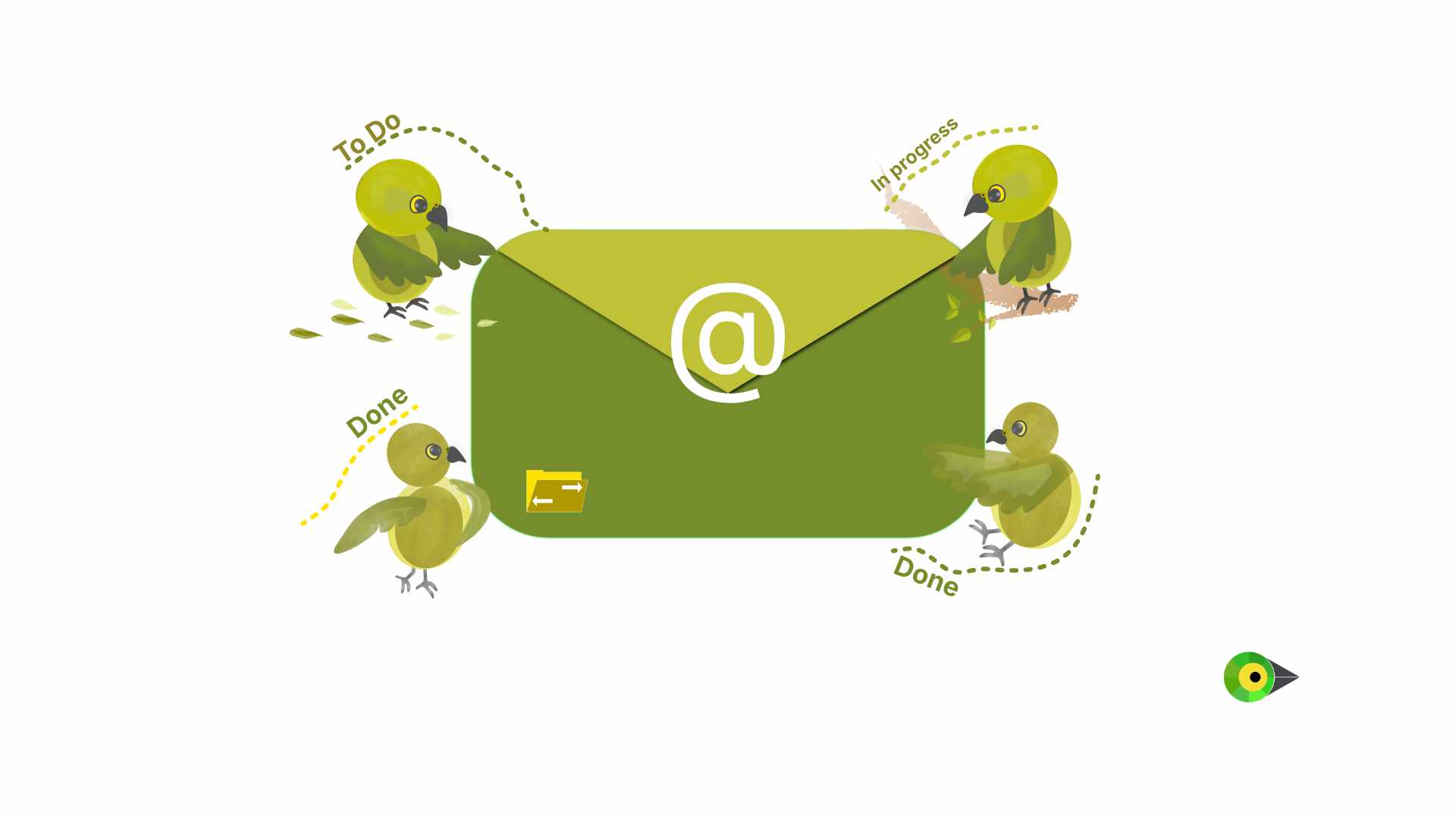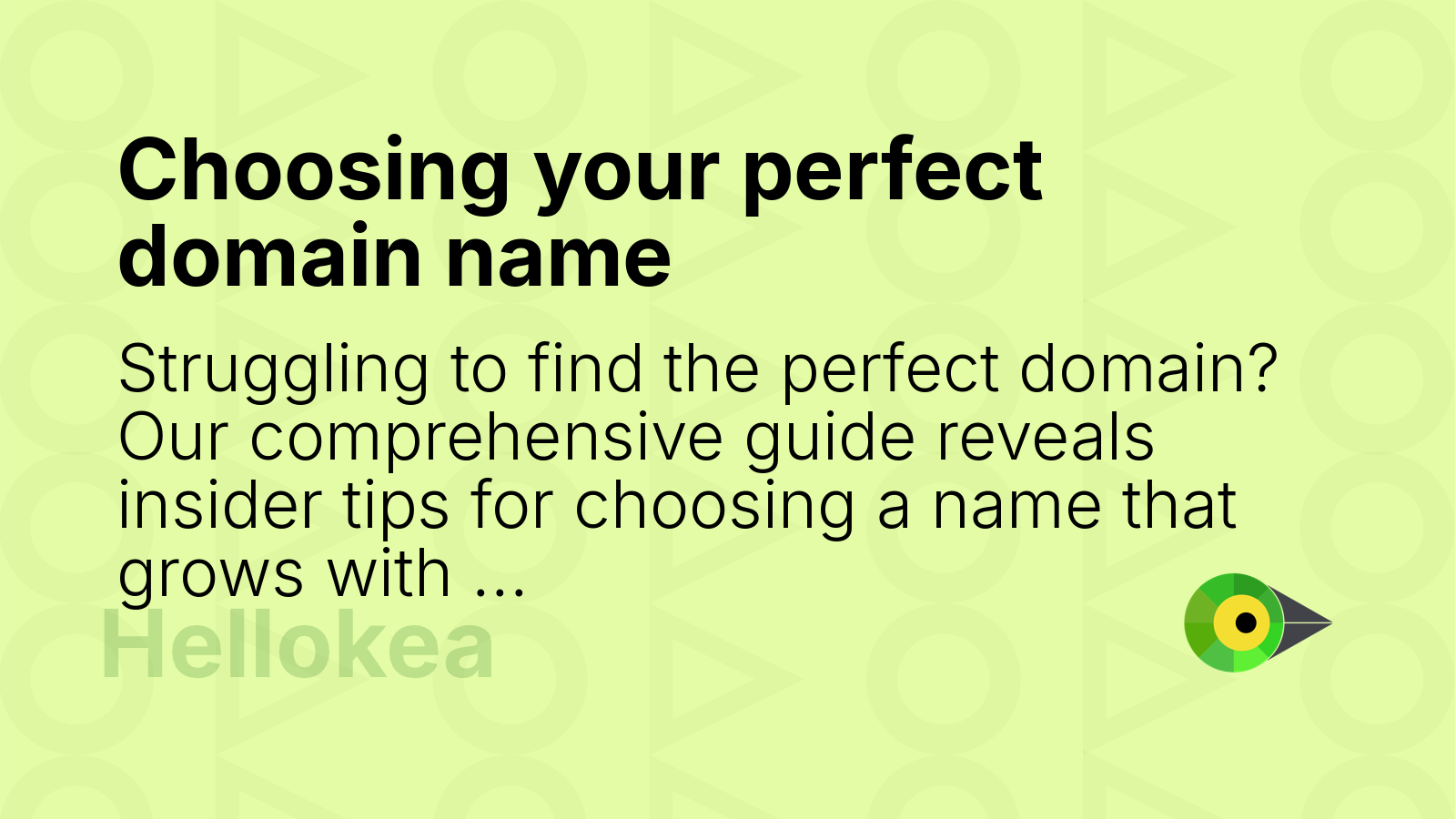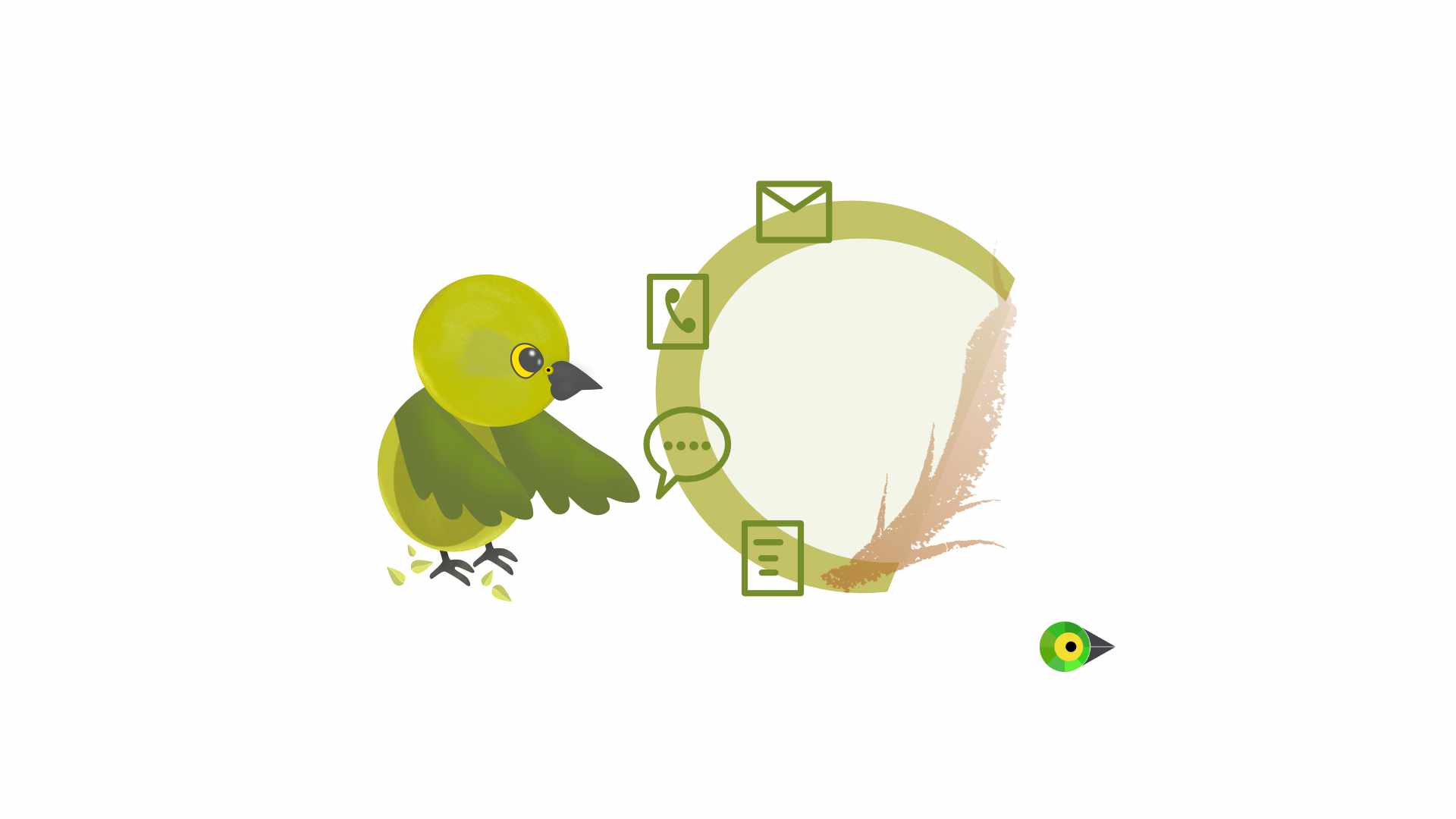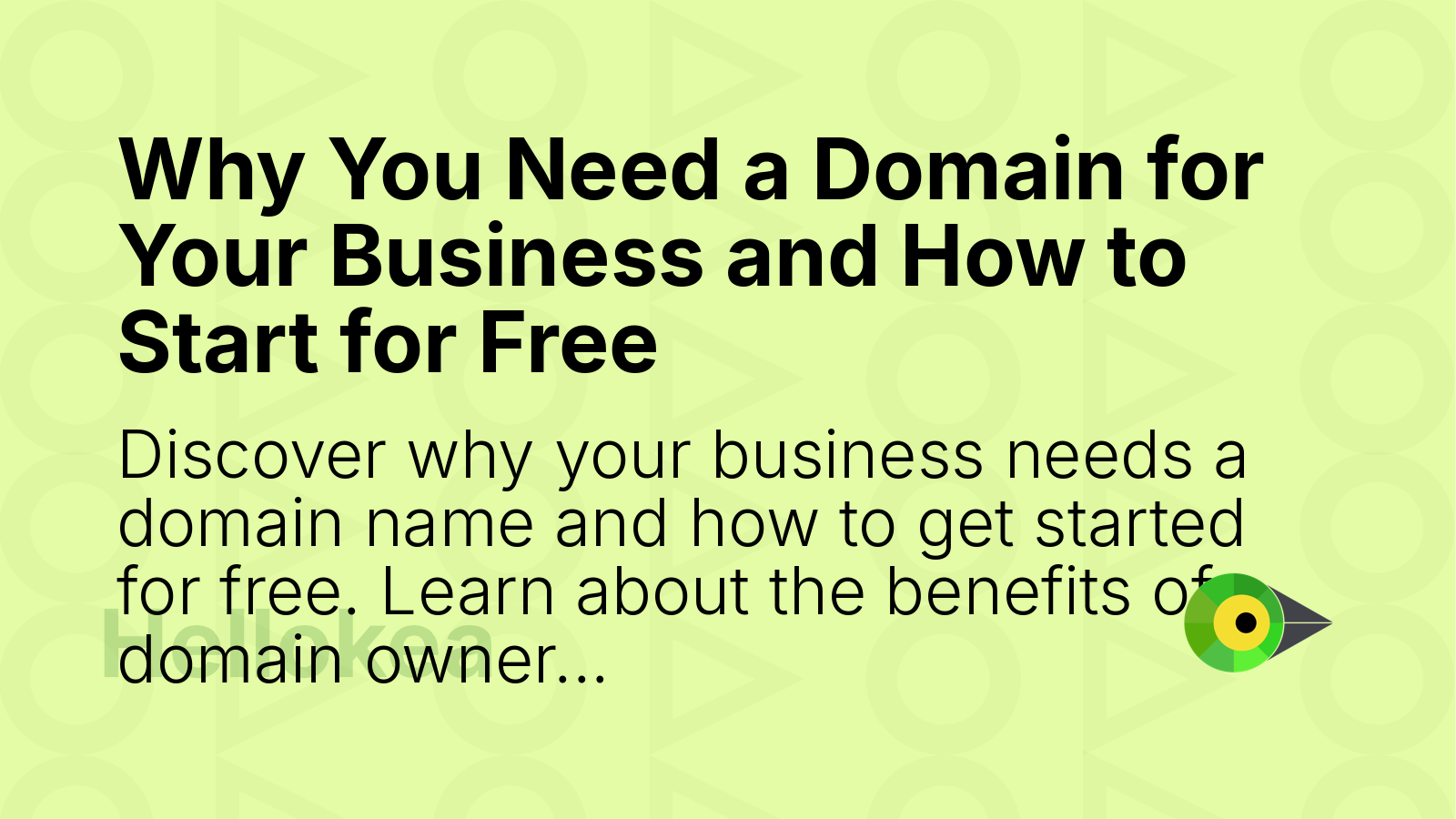
Benefits of Shared Inboxes for Teams
This guide is part of our resources section, about benefits of shared inboxes for teams.
What is a Shared Inbox?
A shared inbox is an inbox that several team members can access to improve …
Growth strategies and tools for solo developers and small business owners

This guide is part of our resources section, about benefits of shared inboxes for teams.
A shared inbox is an inbox that several team members can access to improve …

Finding the right name for your business is challenging. Finding a name that perfectly suits your business and is available as a domain is even more difficult. When we were choosing a domain for …

This guide is part of our resources section, about handling customer support for solo or small team developers.
Happy customers are the key to any business’s success. But, when you’re …

Small businesses are the backbone of every economy-but what exactly qualifies as one? Let’s start with the basic definition of a small business before exploring deeper details. This guide is …

This guide is part of our resources section, about backlinks.
Well, to understand what a backlink does, its important to know what a backlink actually is. Backlinks, also known as …

Most people who are starting a business, including indie developers and small business owners, focus more on building their business and other official aspects. Not many people prioritize getting a …